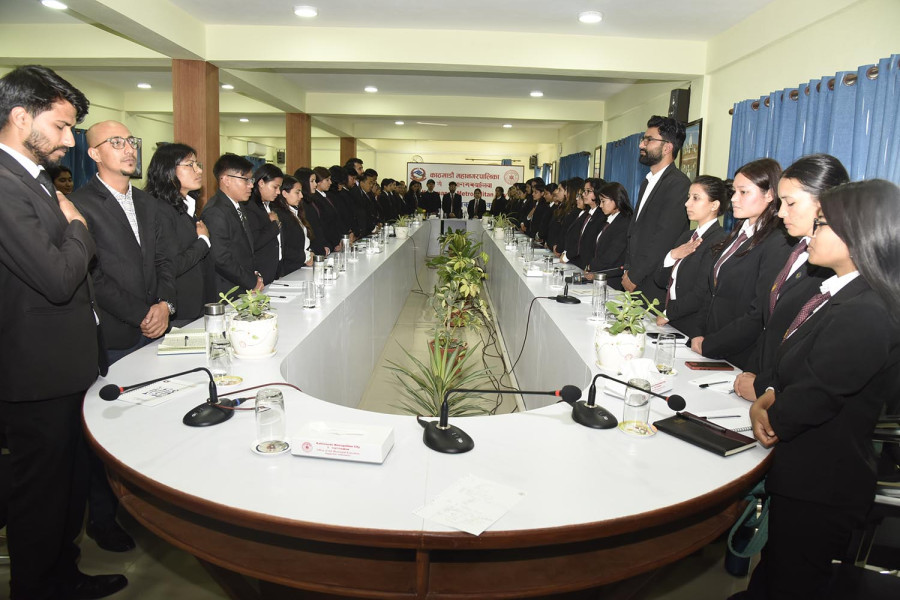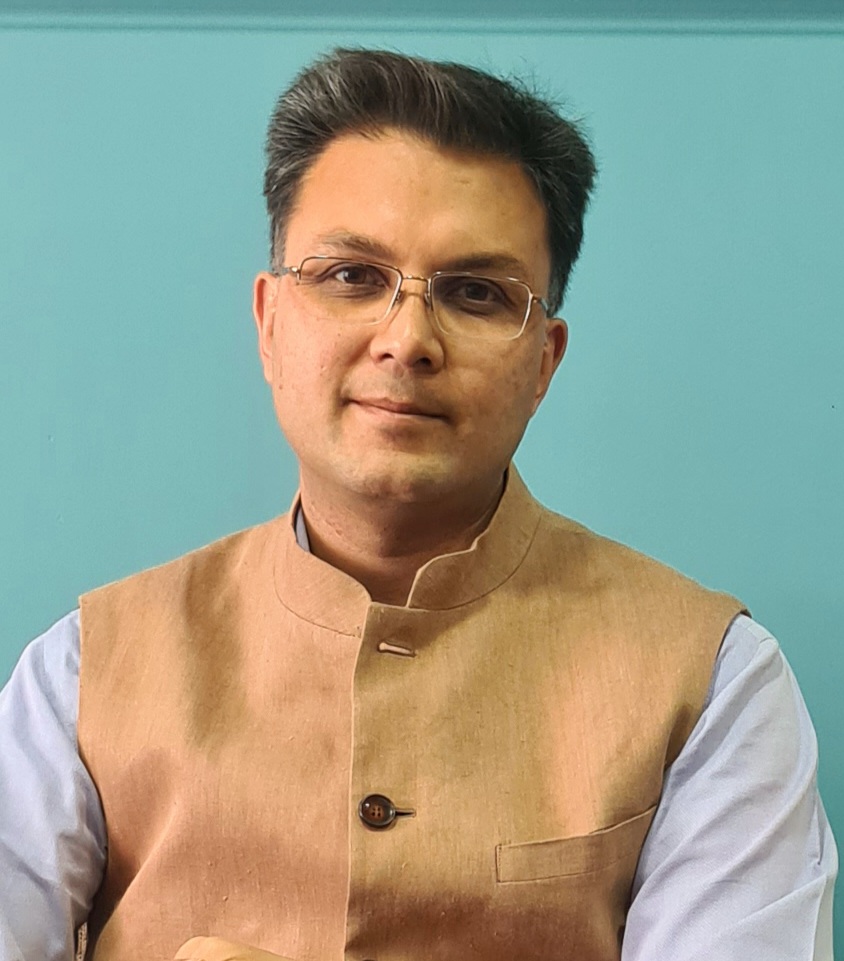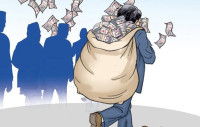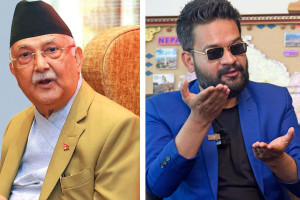Columns
Bench, bar and barkeepers
The question confronting the Nepal Bar Association today is whether its members should practise law or politics.
Semanta Dahal
Elated after clearing the advocate licensing exam, a young lawyer—adorned in a new black suit and white shirt—walks into the Bar but is told to “be seated behind the furniture railing”. Dispirited, the person walks into a bar where the bartender says, “You can’t practice law here”. Both the Bar and the bar serve as metaphors here, but they are significant in understanding the challenges young lawyers face after years of formal education and passing the bar exams following admission to the Bar.
While the Bar admits them, it does not adopt or foster them. The junior bar has always felt orphaned by the Bar; therefore, it most likely will once more renew its demand to the Nepal Bar Association (NBA) to redress the plight of young lawyers in the biennial jamboree of lawyers being held on May 17, 18 and 19.
Conference of lawyers
The NBA brings together lawyers from all over Nepal for a three-day conference every two years. The biennial conference is distinct from the annual general meetings held every year. One unique feature of the NBA is that compared to some other professional associations, it disjoints the elections to choose office-bearers from the convention of lawyers. This year, the conference is centred around two themes. The first theme, “Competent Lawyers, Dignified Bar”, a trade union issue, corresponds to the NBA’s objective to increase the public’s confidence and esteem regarding law practice. The second theme, “Restructuring of the Judiciary”, aligns with the broader public interest concern to increase faith in the judiciary and enhance the independence of the court and judges.
Between the two themes, there are no prizes for guessing that the first, although more important for the junior bar, will receive less consideration than the second. This is because the second theme carries with it constitutional overtones, which effortlessly capture the interest of the lawyers. Lawyers will take part in an expressive debate on a range of topics, such as the hierarchy of Bar and non-Bar judicial appointees, the rationale behind the representation of the Chief Justice in the Constitutional Council, the judiciary-executive balance in the Judicial Council, the necessity of parliamentary hearing of judges, and the judicial performance of the Constitutional Bench. The conference must furnish realistic proposals for constitutional amendments. After all, if the Bar is strengthened to protect the independence of the Supreme Court, the Supreme Court will, in turn, be able to protect the Constitution.
Barring politics
A lawyer is entitled to be a supporter or member of a political party or hold a specific political belief. Political allegiance should not be a cause to target a lawyer, nor should it be a reason to debar or discourage them from building a practice. Lawyers’ political leanings and inclinations inherently attach them to politics. However, the political influence that people trained in law are able to exert in public affairs, because they occupy more than one-third share among the three state-political organs, inquires into the political affiliation of lawyers and their proclivities an inquisitive exercise.
The election for the barkeepers of the NBA, which is held every three years, conducted by dividing the candidates into panels organised openly under the tutelage of political parties, exacerbates the politics of party division and polarisation. Therefore, the question confronting the NBA today is whether its members should “practise law” or “practise politics”.
The answer is obvious: The NBA cannot be an apolitical organisation, but at the same time, the practice of law should come before the practice of politics for the members of the Bar. Hence, rather than prioritising party politics, the NBA’s primary focus should be on the welfare of lawyers, continuing legal education, increasing the professional competency of its members, meritorious (and also inclusive) standards for judicial elevations, accountability of the judges and their independence and, of course, guidance and counselling for young lawyers. If the NBA can notch significant achievements on these fronts, its elections structured in party lines might be considered excusable. A Bar Association co-opted by political parties will neither garner the public’s confidence nor encourage young lawyers to participate in the Bar’s politics.
Raise the junior bar
Let’s circle back to the initial topic concerning the young advocate entering the Bar. Earlier last month, the Nepal Bar Council allowed entry to approximately 950 lawyers, mostly young graduates. On the one hand, it is encouraging to see more and more students showing interest in studying law and starting a career in law each year. On the other hand, a shrinking economy, inadequate employment opportunities, uncertainty regarding the future of a legal career, and the allure to migrate abroad for better jobs and living prospects are a few factors that discourage young graduates from building legal practice.
Although young law graduates acquire knowledge of law in law schools, they have little understanding of how to establish the practice of law. The intervention of the Bar becomes necessary here, especially to ease the transition for young graduates from law school knowledge to practical legal skills. For the Bar, the first task is to bring all the issues to the table and establish a connection with the latest crop of young lawyers to understand their needs and concerns. An institutionalised and active junior Bar section is positioned to fill the connection gap.
The second task for the Bar, running a mentorship initiative to cultivate the professional skills of young lawyers, is far easier to conceive than execute. But there is always a place to begin. The Bar should applaud the law firms already recruiting young lawyers and providing them exposure to legal practice. In addition, the Bar has to take the initiative to create a platform to bring together different generations of lawyers for collaboration and knowledge exchange. Lastly, the Bar can leverage its relationship with other industry and professional associations to increase internship and job opportunities and hold career expos.
Young lawyers are future leaders of the Bar but are also integral to the legal practice at present. The Bar cannot afford for them to fail. The NBA’s biennial conference should not be limited to a speech festival but should place young lawyers at the centre of its declarations. The responsibility of the Bar lies in ensuring that the graduates who passed out after taking the Bar examination do not pass-out from the legal profession.




 10.12°C Kathmandu
10.12°C Kathmandu















